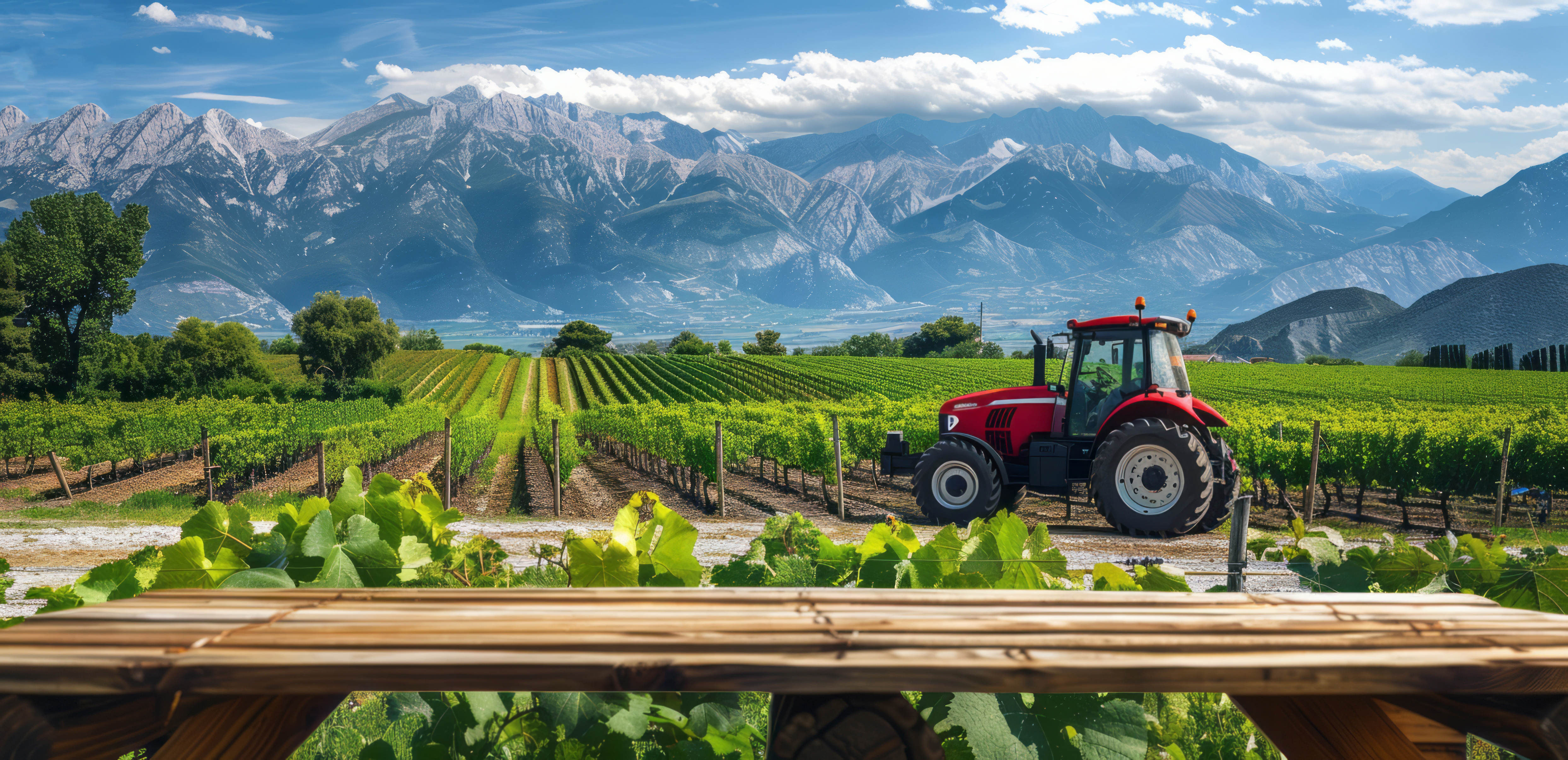Eden Research (EDEN) , a developer of sustainable biopesticides, has been granted regulatory authorisation to use its flagship biofungicide Mevalone in Germany. Mevalone was greenlit for professional use on grapevines and apples to control Botrytis on grapes and for the prevention of storage diseases on apples.
Germany is the 4th largest wine-producing country in Europe and a significant apple-growing country with annual harvests of over 1.1 million tonnes. Among EU member states, Germany has the third highest registered share of all sold pesticides at 15% (following France at 21% and Spain at 18%), according to data by the EC.
In accordance with the EU's Green Deal and Farm to Fork Strategy, which aims to halve the use of pesticides by 2030 and increase consumer demand for organic produce, there has been a growing market drive to adopt more sustainable farming practices in the Central Europe region to reduce reliance on harmful conventional fungicides.
View from Vox
Eden marks another regulatory win, its 4th in the past 12 months, highlighting the success of its corporate growth strategy. The green light by the German regulator grants EDEN entry into one of Europe's largest grape and apple markets. The move is expected to add meaningful revenues to Eden's bottom line within 3 years of Mevalone's launch in Germany.
The approval will enable Eden and its commercial partner in the region, Sumi Agro Europe, to gain a significant portion of Germany's biopesticide market by providing farmers with a sustainable alternative that performs in much the same way as conventional pesticides. Farmers have been pressed to look for greener alternatives as EU regulations have reduced the availability of conventional pesticides.
Germany is home to 13 designated wine regions over 103,000 hectares and its cooler climate is well-suited for a number of white grape varieties. However, the climate is also favourable for the development of fungal diseases that can threaten the harvest. Mevalone has high efficacy against Botrytis and is ideally suited to prevent and stop these fungal attacks.
Germany also harvests over 1.1 million tonnes of apples per year, often grown in humid conditions, necessitating preventative fungicide. For apples grown in Germany, Mevalone can prolong storage periods without the need of additional conventional fungicides.
In summary, Germany is a particularly valuable market for Eden, given the prevalence of fungal disease in the cooler conditions in which wine grapes and apples are grown.
As mentioned, Mevalone is supported by the EU's Green Deal, which aims to halve the use of pesticides in the EU by 2030. Looking ahead, Eden will refine its commercial strategy for Germany over the next few months together with partner Sumi Agro, with market entry expected by the next growing season.
EDEN shares gained 7.23% on the news.
Follow News & Updates from Eden Research:

